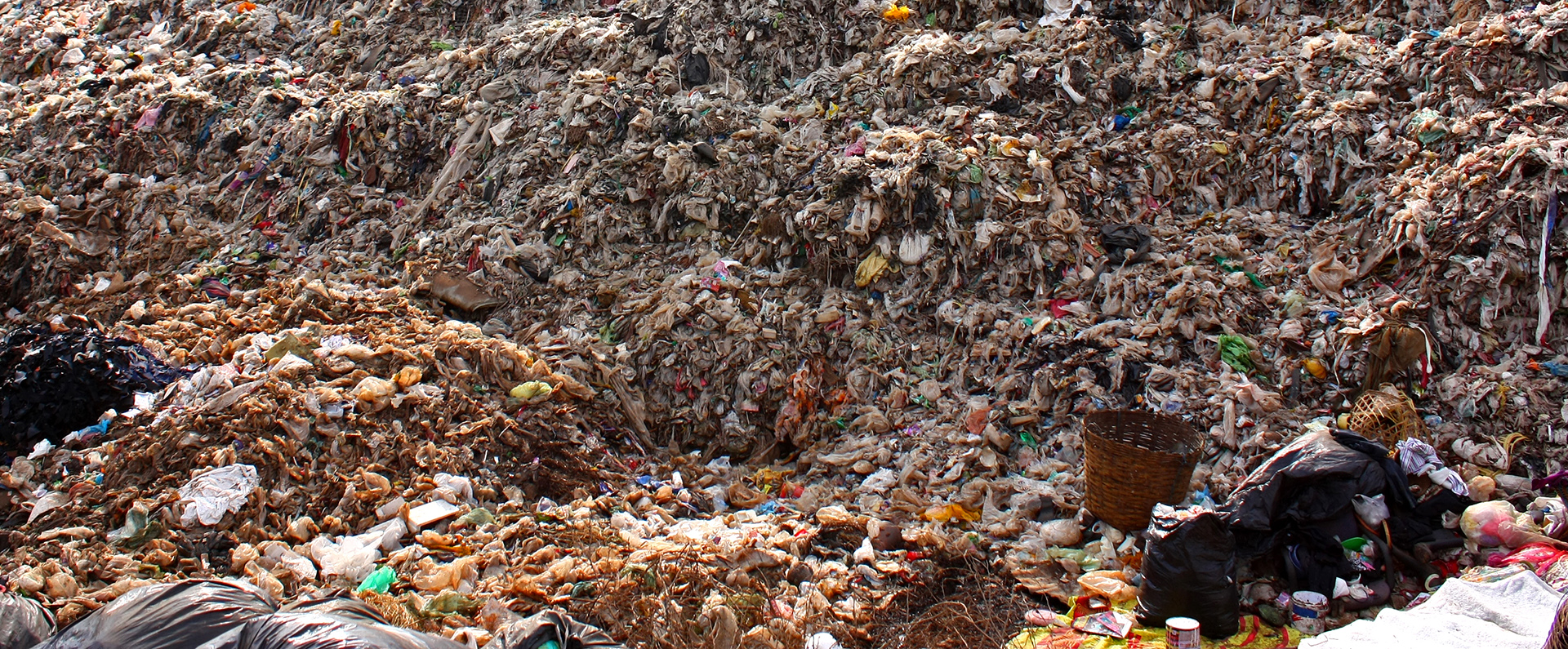Sometimes, you’ve got to dig deep for fresh new ideas—even if it’s a smelly landfill!
As part of a pilot project with the Crazy Horse Sanitary Landfill in Salinas, CA, ARS scientists are exploring ways to convert household waste (a.k.a., “municipal solid waste”) into methane and ethanol that can be used to power trucks or generators instead of diesel fuel, which is derived from petroleum.
Other partners in the effort include the Salinas Valley Solid Waste Authority and the Joint BioEnergy Institute. In addition to easing U.S. reliance on foreign petroleum, the effort aims to extend the active life of our Nation’s landfills by keeping trash out of them.
To achieve this, ARS researchers are helping increase the efficiency of an autoclave system that processes solid waste and food products into a cellulose-rich slurry that can be converted into 70 gallons of ethanol per ton of landfill material. Cellulose is a type of complex carbohydrate that gives structure to plant cells—including fiber used in paper and sundry other products that get tossed.
If all cellulose available from U.S. household waste were diverted into ethanol, this reuse could provide more than 10 percent of the Nation’s transportation fuel!



